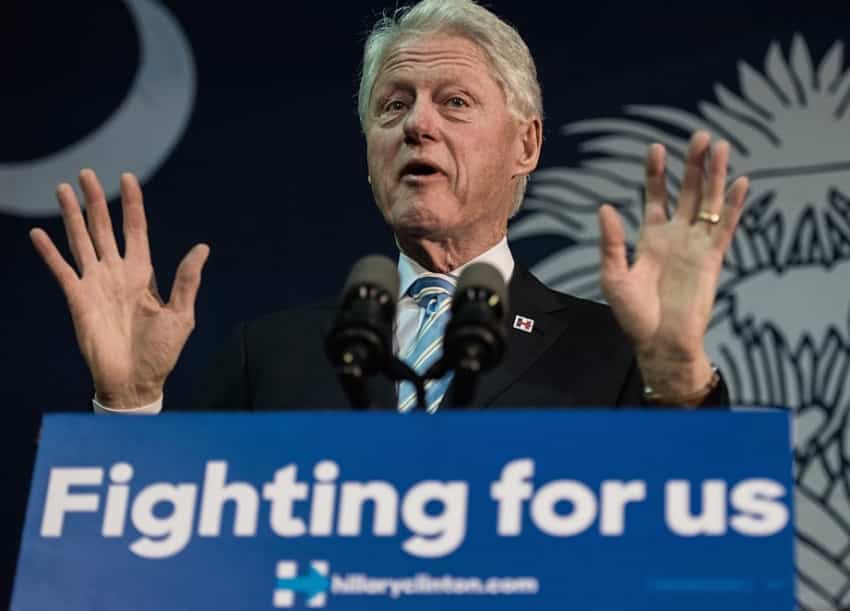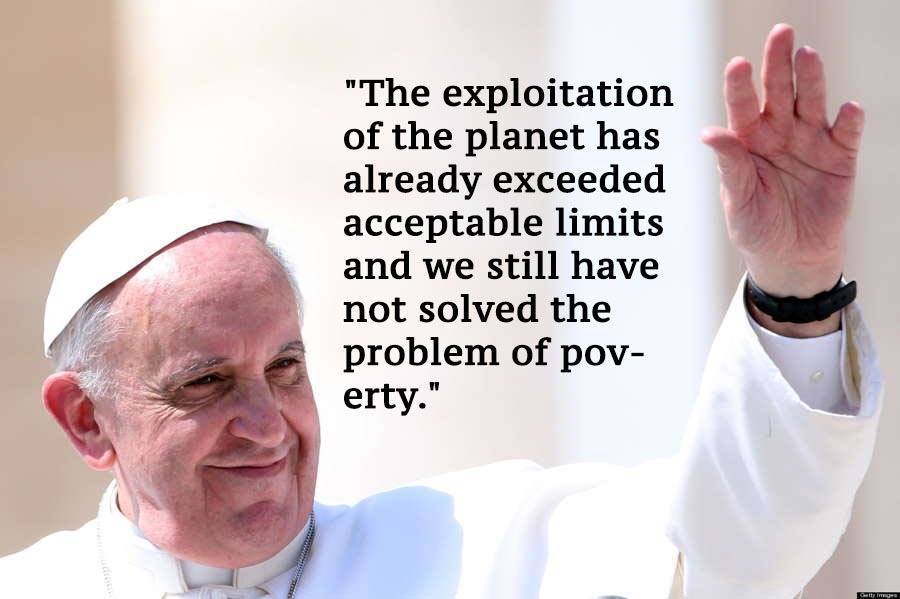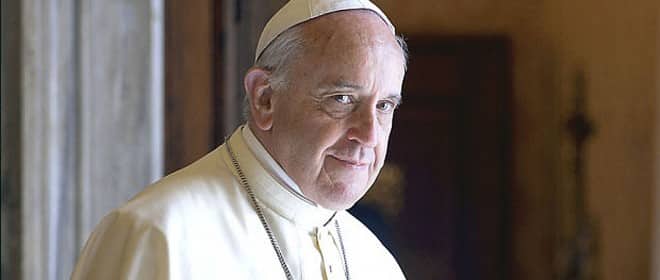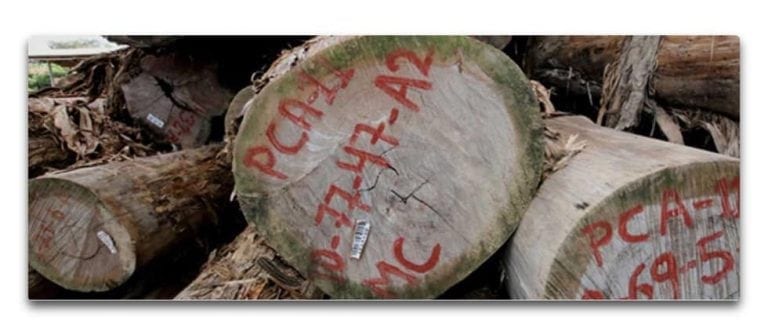A recent Washington Post and ABC poll finds that just 37 percent of Americans think that the Democratic Party “stands for something.” Fifty two percent say it’s about nothing more than opposing Trump.
The 37 percent is right. The Democratic Party stands for something, alright. It stands for the socio-pathological system of class rule and environmental ruin called capitalism – and for capitalism’s evil Siamese twin imperialism.

Professional demagog Bill Clinton. Until Obama, he was one of the best.
So does the far more openly right-wing Republican Party, of course, but that’s fairly common knowledge. It’s more complicated with the Democrats, who like to pose as being “on the left” while carrying water for Big Business.
It’s nothing new. Long before the rise of dismal, dollar-drenched neoliberal era Dems and Robert Rubin associates like Bill Clinton and Barack Hamilton Project Obama, the Democrats stood in the lead of the profits regime. This goes all the way back to that savage Indian-killer Andrew Jackson and up through that quintessential corporate liberal Woodrow Wilson, New Deal hero Franklin Roosevelt (who boasted about having saved the profits system during the Great Depression), the handsome proto-neoliberal Jack Kennedy, the blood-drenched Lyndon Johnson, and even poor old Jimmy Carter – the Christian peanut farmer whose cabinet was stocked with corporate hatchet men (If you want some basic historical background on all that, read Lance Selfa, The Democrats: A Critical History [Haymarket, 2012], and Howard Zinn, A People’s History of the United States)
Part of what has put the Democrats in the vanguard of U.S. capitalism (I’ll save the imperialism angle for a future commentary) is that they’ve always been better than the Republicans at coming up with smart-sounding and progressive-seeming justifications for the system. For one example among many, read the stealth corporatist Obama’s sneakily conservative 2006 campaign book The Audacity of Hope, which combines repeated noble and erudite statements of concern for the poor, working people and the common good with creepy and preposterous praise for the U.S. “free market” business order as “our greatest asset.”

Nancy Pelosi, a plutocrats' preferred mask. I'm telling you nicely, “we’re capitalist and that’s just the way it is.”
Another example came when House Minority Leader and champion corporate fundraiser Nancy Pelosi (D-CA) was challenged by a Bernie Sanders fan and New York University student during a CNN “town hall” last January. The student, Trevor Hill, caused CNN host Jack Tapper to say “oh, oh” by asking Pelosi when the Democratic Party was going to shift to the portside on political economy. Trevor Hill mentioned a Harvard University poll showing that “51% of people between the ages of 18 and 29 no longer support capitalism…The younger generation,” Trevor told Pelosi, “is moving left on economic issues…I wonder if there’s anywhere you feel the Democrats could move farther left to a more populist message…[and] if you think we could make a more stark contrast to right-wing economics.”
The well-heeled San Francisco Democrat Nancy Pelosi is an unlikely candidate for populism. Having leveraged her long Congressional career to build up a net worth of $196 million, she is a poster child for the disease of corporate plutocracy.
Still, Ms. Pelosi did her best to keep her brilliant fake smile plastered on her expertly botoxed face during young Trevor’s ideologically impertinent question. She stood up from her seat to “school” the student on “our” “free market” system while acknowledging the need for better and smarter behavior on the part of its masters:
“I thank you for your question, but I’ve have to say that we’re capitalist and that’s just the way it is. However, we do think that capitalism is not necessarily meeting the needs with the income inequality that we have in our country, and let me just tell you this… About forty years ago, a little bit more now, no less a person in terms of capitalism than the chairman of the Standard Oil of New Jersey said – he talked about stakeholder capitalism, capitalism that said when we make decisions as managements and CEOs of the country, we take into consideration our shareholders, our management, our workers, our customers, and the community at large. At that time, the disparity between the CEO and the worker was about 40 times, 40 times more for the CEO than the worker. As productivity rose, the pay of the worker rose and the pay of the CEO rose. Everything rose together. Around 20 years ago, it started to turn into — maybe 15, 20 years ago, it started to turn into shareholder capitalism, where we’re strictly talking about the quarterly report. So a CEO would make much more money by keeping pay low, even though productivity is rising, the worker is not getting any more pay, and the CEO is getting a big pay because he’s kept costs lows by depriving workers of their share of the productivity that they created…the disparity between the CEO and the worker in the shareholder capitalism is [now] more like 350 to 400 to 1. That income inequality is an immorality. And it is not even smart from an economic standpoint, because it doesn’t grow the economy. The more money you put in the pocket of the worker for the productivity he or she has produced, the more money they will spend, consume with confidence, inject into the economy and grow the economy… A job and being able to have a home and send your children to school and have a dignified retirement…what we want for all Americans…capitalism should serve that purpose. The capitalist system has been well-served by the so-called safety net. It’s not just a safety net for individual workers. It’s a safety net for capitalism, because they can go through their cycles, and when they don’t need as many employees, they — we have unemployment insurance or all kinds of benefits as a safety net that enable them to go through cycles…So we have to change the thinking of people. I don’t think we have to change from capitalism. We’re a capitalist system. The free market is a place that can do good things.”
Here Ms. Pelosi was talking the “inclusive capitalism” language (a nice bit of doublethink) of her good friends in the arch-neoliberal Clinton campaign and at the global corporatist Clinton Foundation. As the Clintons explain on the Website of their recently formed Coalition for Inclusive Capitalism:
”Inclusive Capitalism is a global effort to engage leaders across business, government and civil society in the movement to make capitalism more equitable, sustainable, and inclusive. Together we can achieve this through business and investment practices that extend the opportunities and benefits of our economic system to everyone. We believe that firms should account for themselves not just the bottom line. By taking a broader view of the firm – its purpose, products, people and planet – it is more likely to prosper over the long term.”
[dropcap]A[/dropcap] lot of the leftish commentary you can find online about the Trevor Hill-Nancy Pelosi dialogue stops with Pelosi’s blunt opening statement: “we’re capitalist and that’s just the way it is.” The point of such commentary was that all she did was dismiss Trevor. But that’s not quite right. She went from opening dismissal to an elaborate and slick defense of capitalism as a system that can be turned back to the advantage of workers and other “stakeholders” if CEOs wise up – and as a system that actually wants and needs a strong social “safety-net” along with strong purchasing power in the hands of workers.
Pelosi’s response was borderline impressive. It was also pretty much complete bullshit.
Beyond being a butchered clause, “Not necessarily meeting the needs with the income inequality we have in our country” was a drastic understatement considering the remarkable poverty and savage class disparity stalking life in capitalist America today. Half the U.S. population is poor or near-poor. More than a fifth of the nation’s children (including well more than a third of its Black and Native American children) are living at less than the nation’s Dickensian poverty level. 42 million Americans — including 13 million children — live in “food insecure” households with limited or uncertain access to enough food to support a healthy life. All this and more terrible to contemplate exists in a nation where the top 1% has pocketed 85% of all income growth since the 2008-09 recession.
At the same time, that truest and deepest inequality under capitalism concerns wealth, not income. Currently in glorious “free market” America, the top tenth of the upper 1 Percent (Pelosi’s class) has as much net worth as the bottom 90 percent. Globally, the world’s richest five people have as much wealth between them as the poorest half of humanity.
Pelosi’s history lesson was loaded with mistakes. It was sixty-eight years ago, not forty or so, when Frank Abrams, chairman of Standard Oil of New Jersey, proclaimed that “The job of management is to maintain an equitable and working balance among the claims of the various directly interested groups … stockholders, employees, customers, and the public at large.” That was the kind of thing that smart corporate-liberal capitalists said at the height of the long New Deal era, when the world capitalist system was the United States’ oyster in the wake of “Europe’s suicide” (Thomas Piketty’s phrase for the 20th century’s two Europe-centered world wars), when the Soviet empire posed something of a state-socialist alternative to U.S.-led capitalism, and when U.S. corporations could make some substantive claim to be simultaneously meeting the material needs of their workers, consumers, and investors. It’s true that inequality declined and wages and consumption rose alongside profits during the “Great Compression” that came with the U.S.-led “Golden Age” of western capitalism from the end of World War II through the 1960s.
But anyone who thinks that the nation’s leading corporations and financial institutions placed workers and the public on an equal footing with investors and the bottom line in this (or any other) time is dreaming. It was first and foremost the rise of a momentarily powerful and significantly Left-sparked industrial workers’ movement – rooted largely in the special workplace bargaining power of mass-production workers, not some mythical corporate benevolence – that created a new and rising floor for working-class incomes during these years.(Pelosi naturally said nothing about the role of unions and working class struggle in aligning wages more closely with rising productivity back in the good old days of purportedly “inclusive” and “stakeholder” capitalism.”)
At the same time, the gains enjoyed by ordinary working Americans were made possible to no small extent by the uniquely favored and powerful position of the United States economy (and empire) in the post-WWII world. When that position was significantly challenged by resurgent Western European and Japanese economic competition in the 1970s and 1980s, the comparatively egalitarian trends of postwar America were reversed by capitalist elites who had never lost their critical command of the nation’s core economic and political institutions. Working class Americans have paid the price ever since. For the last four decades, wealth, income, and power have been sharply concentrated upward, birthing a New Gilded Age of abject oligarchy and brazen plutocracy. (It’s an era in which, among other things, Ms. Pelosi can use her $193,000-per year House position to accumulate an asset portfolio just shy of $200 million.) Along the way U.S.-led global capitalism has pushed livable ecology to the grave’s edge.
Pelosi needs to adjust her time-frame. This “Great U-Turn” (Barry Bluestone and Bennett Harrison) – this reversal of the “Great Compression” and its purported “stakeholder” commitments – dates from the finance- and policy-designed onset of the neoliberal era in the mid-1970s, not from “maybe 15 or 20 years ago.” It goes back to the Carter years. And – a very important point – it marked a return to capitalism’s historical norm, as Thomas Piketty’s showed in is widely read tour de force Capital in the Twenty First Century (2014). People born or raised in the post-WWII golden age (like this writer and like Nancy Pelosi) are prone to forget that “Les Trentes Glorieuses” (the “thirty glorious years” from 1945 to 1975) and not the neoliberal period that followed were the truly anomalous era in the history of U.S. and Western capitalism.
The neoliberal era and its current New Gilded Age capstone is the profits system returning to its long and militantly inegalitarian norm. Along with this ugly restoration has come the re-elevation of vicious, anti-social bourgeois culture, which drowns all noble, altruistic, and solidaristic sentiments in “the icy waters of egotistical calculation” and “resolve[s] personal worth into exchange value” (Karl Marx, 1848).
Does capitalism really need and want a strong social safety net, as Pelosi suggested? It does for those who wrongly “assume, as Keynesians do,” writes the British Marxist economist Michael Roberts, “that the foremost weakness of capitalism lies on the demand side of the economy.” As Roberts demonstrates in his important book The Long Depression: Marxism and the Global Crisis of Capitalism(Haymarket, 2016), the real internal growth weakness of capitalism today (as in the past) – the secret to its current long phase of slow growth and weakened productivity – resides in the fact that the profitability of capital is too low (and that the debt built up before the Great Recession is still too high.) Rapid economic growth cannot not return until another slump restores a sufficiently elevated rate of profit. The profits system wants more austerity and misery and a continued restriction of government investment, social benefits and wages. As Roberts notes:
“The post-slump austerity policies of most governments are not insane, as most Keynesians think. These policies follow from the need to drive down costs, particularly wage costs, but also taxation and interest costs, and the need to weaken the labor movement so that profits can be raised. It is perfectly rational policy from the point of view of capital, which is why Keynesian policies were never introduced to any degree in the 1930s. Capitalism came out of that Great Depression only when profitability rose and that was when the United States went into a war economy mode, controlling wages and spending and driving up profits for arms manufacturers and others in the war effort. Capitalism needed war, not Keynesian policies” (emphasis added).
But why should we want the system to take off and restore rapid growth – to “grow the economy” in Pelosi’s words? The super global-expansionist post-WWII “golden age” brought us to the brink of environmental crisis – to what Barry Commoner rightly described in 1971 as “The Closing Circle.” The long neoliberal expansion of 1983-2007 (with surplus value and commodity production rooted largely in China) has taken us to the point where Earth scientists speak all too realistically (if all too reticently) about the specter of human extinction in this or the following century. It’s not for nothing that Stephen Hawking says human survival depends on colonizing other planets and Tesla founder Elon Musk is developing fantastic plans to do precisely that. The last thing we need on “our only world” (Wendell Berry) is more economic expansion.
Accumulation- and hence growth-addicted capitalism (500 years old)and not humanity per se (200,000 years old) is the driving force behind this grim environmental predicament, which is why the brilliant Marxist environmental historian Jason Moore tells us that we are living (ever more dangerously) in the Age of the “Capitalocene,” not the “Anthropocene.” And the very same profits system that has hatched the unfolding ecocide is a great barrier to averting full environmental catastrophe. There are no solutions as long as we remain captive to the horrific system that Nancy Pelosi wants us to see as “just the way it is.” As Roberts rightly notes in terms that (frankly) seem to underestimate how dire the ecological crisis of our time is:
“The evidence of climate change and its man-made nature is increasingly overwhelming. The potentially disastrous effects from higher temperature, rising sea levels, and extreme weather formations will be hugely damaging especially to the poorest and most vulnerable people on the planet. But industrialization and human activity need not produce these effects if human beings organized their activities in a planned way with due regard for the protection of natural resources and the wider impact on the environment and public health. That seems impossible under capitalism (p. 265)…What is really needed is proper planning of available resources globally, plus a drive, through public investment, to develop new technologies that could work (like carbon capture, transport not based on fossil fuels, goods produce locally with low carbon footprints, etc.) and, of course, a shift out of fossil fuels into renewables. Also, it is not just a problem of carbon and other gas emissions, but of cleaning up the environment, which is already damaged. All these tasks require public control and ownership of the energy and transport industries and public investment in the environment for the public good (pp.267-68)….The evidence is overwhelming that unless the capitalist system is replaced in the next fifty years, the planet will be suffering from such damage to the natural environment that economic growth will slow, natural disasters will become more common, and the cost of restoration and prevention will become too much for a profit-making mode of production to prevail” (p. 269). [emphasis added]
It’s worse than Roberts seems to know. Fifty years is too broad a timetable; it’s more like three decades – a generation – at most and even that is generous. It’s the whole world, including Chicago and not just sub-Saharan Africa and the Middle East, that will collapse under the weight of capitalogenic climate change.
Forget just the profit system and economic growth. The damage inflicted by capitalism, not humanity as such (the point bears repeating), will be too great for homo sapiens itself to survive without a radical and indeed revolutionary shift in public priorities and social organization. But Roberts is quite right to suspect that the changes required to rescue a decent future are “impossible under capitalism.” The profits system is long past its use-by date and now poses a profound existential threat to human survival. When do the Clintons unveil a new Coalition for Sustainable Ecocide?
It’s ecologically sustainable “socialism or barbarism if we’re lucky” at this stage of developing capitalist geocide. “The uncomfortable truth,” Istvan Meszaros rightly argued 16 years ago, “is that if there is no future for a radical mass movement in our time, there can be no future for humanity itself.” We make the leap beyond Obama’s, the Clintons’, and Pelosi’s system or its game over for humanity along with the countless other species homo sapiens is wiping out under the soulless command of capital.

 In his zeal to prove to his antagonists in the War Party that he is as bloodthirsty as their champion, Hillary Clinton, and more manly than Barack Obama, Trump seems to have gone “play-crazy” -- acting like an unpredictable maniac in order to terrorize the Russians into forcing some kind of dramatic concessions from their Syrian allies, or risk Armageddon.However, the “play-crazy” gambit can only work when the leader is, in real life, a disciplined and intelligent actor, who knows precisely what actual boundaries must not be crossed. That ain’t Donald Trump -- a pitifully shallow and ill-disciplined man, emotionally handicapped by obscene privilege and cognitively crippled by white American chauvinism. By pushing Trump into a corner and demanding that he display his most bellicose self, or be ceaselessly mocked as a “puppet” and minion of Russia, a lesser power, the War Party and its media and clandestine services have created a perfect storm of mayhem that may consume us all.— Glen Ford, Editor in Chief, Black Agenda Report
In his zeal to prove to his antagonists in the War Party that he is as bloodthirsty as their champion, Hillary Clinton, and more manly than Barack Obama, Trump seems to have gone “play-crazy” -- acting like an unpredictable maniac in order to terrorize the Russians into forcing some kind of dramatic concessions from their Syrian allies, or risk Armageddon.However, the “play-crazy” gambit can only work when the leader is, in real life, a disciplined and intelligent actor, who knows precisely what actual boundaries must not be crossed. That ain’t Donald Trump -- a pitifully shallow and ill-disciplined man, emotionally handicapped by obscene privilege and cognitively crippled by white American chauvinism. By pushing Trump into a corner and demanding that he display his most bellicose self, or be ceaselessly mocked as a “puppet” and minion of Russia, a lesser power, the War Party and its media and clandestine services have created a perfect storm of mayhem that may consume us all.— Glen Ford, Editor in Chief, Black Agenda Report 



















